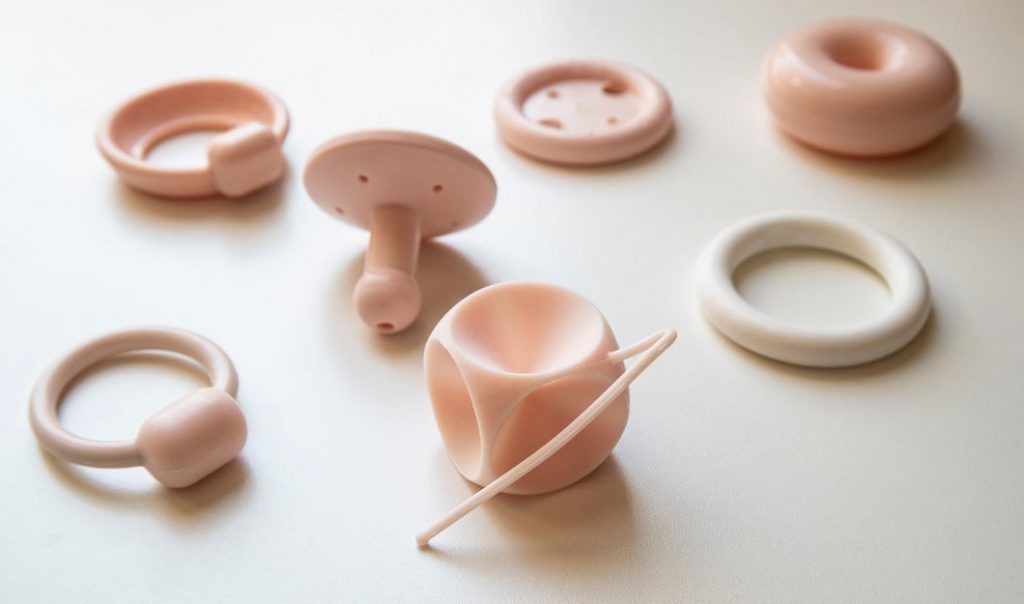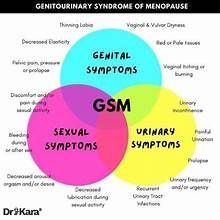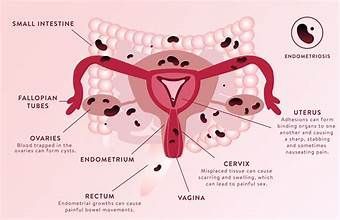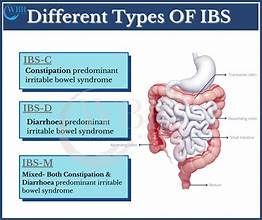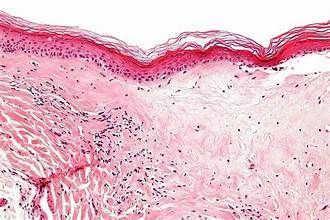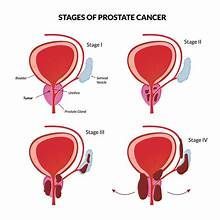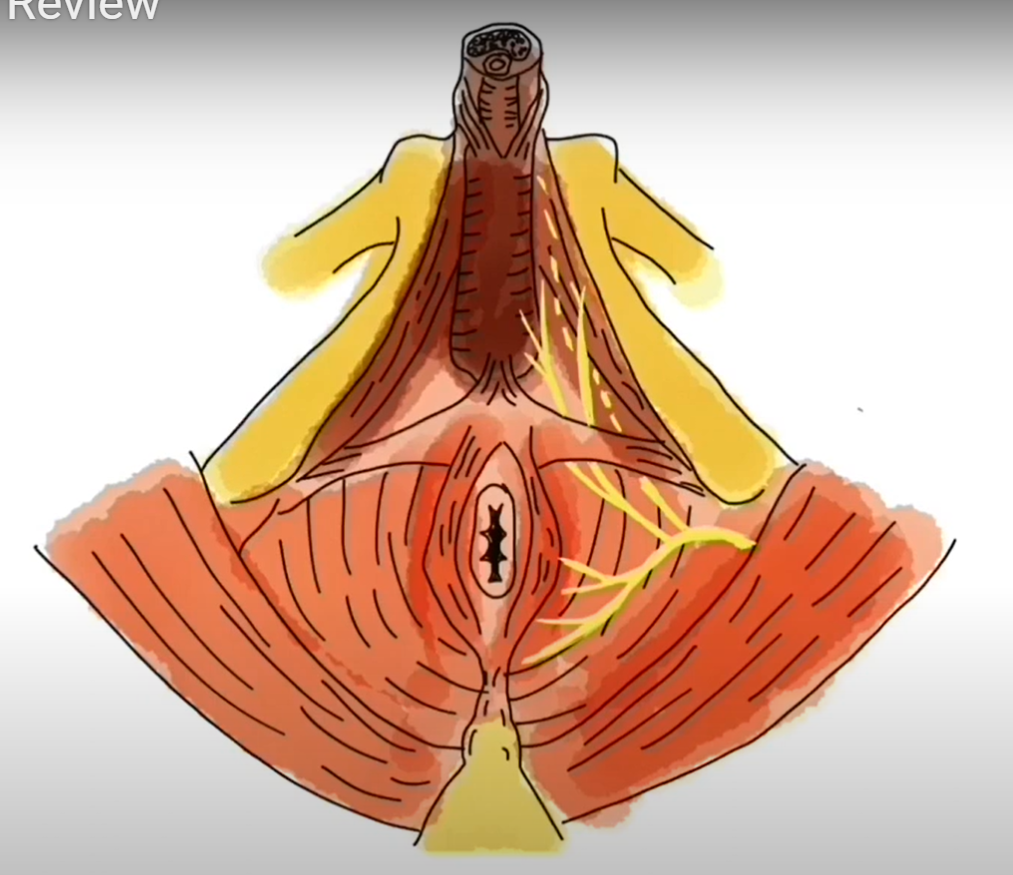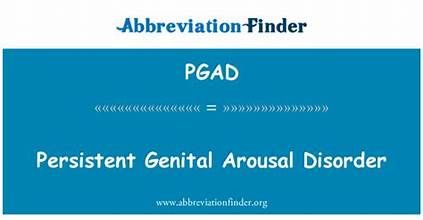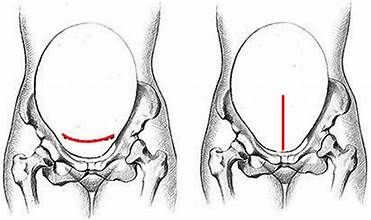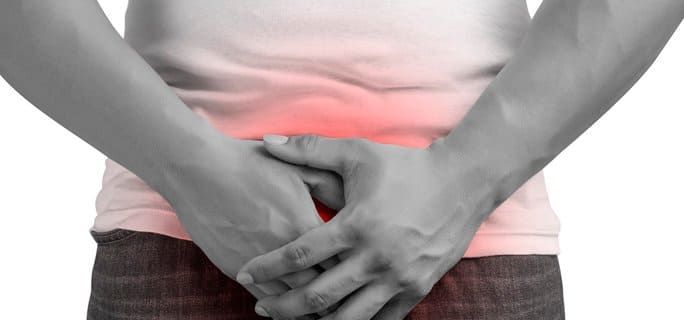Vulvar Health
This is a subtitle for your new post
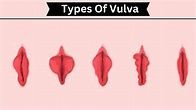
Here are a lot of things I wish, as women, we were briefed on at a young age. Bowel and bladder habits (anyone ever teach you the right way to have a bowel movement? Me either.), anatomy and function of our pelvis and reproductive system, how a period works and why we have one, etc. Everything that makes us women is often swept under the rug and spoken about in “hush hush” tones, especially if you went to a school where the Health Education teacher was also the football coach….but I digress.
As a
pelvic floor physical therapist I do my best to educate my clients on these exact things, and one of the most common topics that women know little about is
vulvar and vaginal hygiene. Almost none of us were told what we should and shouldn’t put on our vaginas, what practices can protect us from urinary tract infections, or what lubricants are safe and healthy for intercourse. Just walking down the self care aisle at Walmart can be so intimidating! Do I need this stuff? Does my vagina really need to smell like lavender chamomile, as the Summer’s Eve products so gracefully describe? The answer for the overwhelming majority of us is no.
Think about your vulva and vaginal canal as a self cleaning oven.
The only thing these tissues need to stay clean and healthy is warm water. No body wash, soaps, cleansing wipes, perfumes, douches, none of it. In fact those products can be harmful to our tissue and cause pain, burning, itching, redness, irritation, or all of the above if we aren’t careful. This is because our vaginal canal has a very specific pH level, meaning just the right amount of acidity. When our pH levels are where they should be the healthy bacteria inside the vagina outweigh the bad, resulting in a decreased risk for UTI, yeast, or other infections. Products that are marketed to “balance your vaginal pH” or “refresh the vagina” introduce chemicals that can change your ratio of healthy and harmful bacteria and can lead to all of the negative symptoms listed above. Assuming all of your hormones are within normal limits, your vaginal pH is maintained on it’s own, without any outside help. If you don’t get anything else out of this post, understand that
warm water alone can keep your pelvic area clean, healthy, and free of infection.
Best Practices
Vulvar cleansing with warm water only, using the finger tips. Pat dry, do not rub with loofah or towel
Wash clothes and undergarments with unscented detergents. Use double rinsing if your skin is sensitive.
If you must use soap in the shower or bath, use fragrance free pH neutral products
For intercourse, use lubricants without propylene glycol (see below for more lubricant details)
Activities to Avoid
Washing the vulva and perineum with scented soaps
Scrubbing the perineum with rough materials, i.e. loofah, washcloth, towel
Douching of any kind
Washing clothes with scented detergents
As is with most rules, there are always exceptions. In certain populations of women based on their stage of life, products applied to the vulva and vagina can
improve
symptoms of dryness, irritation, and pain. The two groups I most commonly see are postpartum moms who are breastfeeding, and post menopausal women. In both of these populations the levels of estrogen are typically depleted, which can have a big impact on the vaginal tissue. Things that these women will report include:
- Pain with intercourse
- Burning or stinging of the outer vulva, just outside of the vagina, or inside the vaginal canal
- Burning or stinging with urination
- Vaginal dryness or itching
- Skin that appears red and irritated
If you are experiencing any of these symptoms, my first suggestion would be to visit your primary care physician or gynecologist. These symptoms can overlap with those of urinary tract infections so ruling that out is an important first step. If your infection is treated with antibiotics but you don’t experience any change, speak with your medical provider again about what you’re experiencing.
This is a side note but important nonetheless: If you are postmenopausal or have had a hysterectomy, you still need to have a gynecologist on your medical team!
Women need to be screened for female risk factors throughout the entire lifespan, and just because you no longer have periods doesn’t mean you don’t need a gynecologist. Schedule your annual visit today!
Like we said before, women in these stages of life are often experiencing low levels of estrogen. Although hormones are an option, it doesn’t have to be the first or the only option. Non-hormonal vaginal moisturizers have been shown to be just as helpful as vaginal hormones in the post menopausal population. (SOURCE?). If you are experiencing these symptoms and want to try something without hormones, the following are recommended by the World Health Organization for de-estrogenized tissues:
The Safe Seven
Dew Enchante
YES Vaginal Moisturizer
Good Clean Love
Durex Sensilube Hydrating Intimate Gel
YES Water Based Intimate Lubricant
Yes Baby Vaginal-Friendly Lubricant
Yes Baby Sperm-Friendly Lubricant
These products can be used as a personal moisturizer, lubricant for intercourse, or both. Talk to your medical provider about these options to ensure it is safe for you. You’ll notice that none of the popular lubricants are listed - KY, Astroglide, etc. That is because these products do not meet any of the requirements for healthy moisturizers and can actually make your vaginal symptoms worse. If you are buying your lubricant at a local drug store or supermarket, check the labels for these “red flag” words to avoid:
Paraben(s)
Glycerin
Propylene Glycol
Colors
Perfumes
Glycol
Glycerol
Microbicides
Dyes
Alcohols
Every woman’s body is different and responds in varied ways to various products. However, as a general rule for keeping your vulva and vaginal area health - less is more. If you’re experiencing any symptoms of pain or discomfort, talk to a medical provider about your options.
